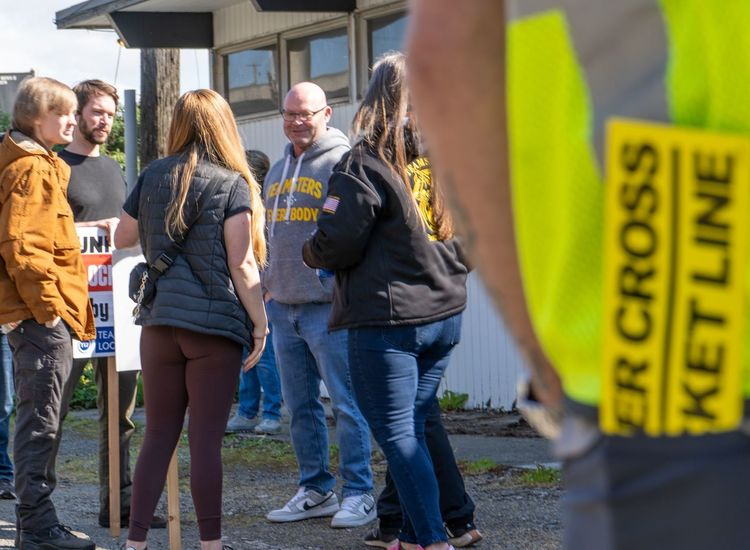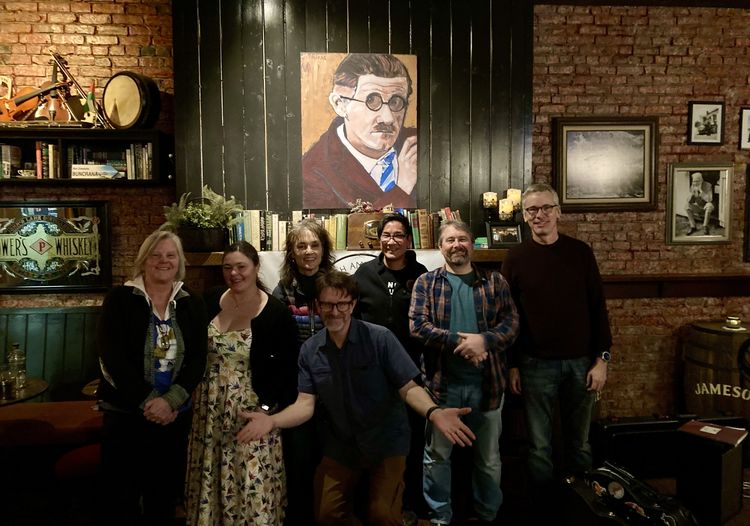Even after Brexit Ireland and the UK will maintain a common travel area. RollingNews.ie photo
By Anthony Neeson
Ireland and Britain have signed a deal that will preserve the Common Travel Area (CTA) between the two countries after Brexit.
Tánaiste Simon Coveney and Britain’s de facto Deputy Prime Minister, David Lidington, signed a memorandum of understanding in London which will see the CTA continue. It has been in operation since Irish independence in 1922.
Simon Coveney said the agreement marks an important moment for the arrangement between the two countries.
“The Common Travel Area has provided rights and privileges to Irish and British citizens for nearly a century,” he said.
“However, it has not before been formalized in this way.
“Many of us have personal experience of the Common Travel Area in our daily lives. This memorandum of understanding demonstrates and confirms the commitment of both governments to maintaining the Common Travel Area in all circumstances.
“It provides clarity and assurance for citizens of both countries that the way in which British and Irish citizens can live and work freely across these islands will not change.”
The Tánaiste said he wanted to reassure British people living in Ireland that they are welcome and valued.
“British citizens will continue to be able to travel freely, live, study, and work in Ireland into the future. I welcome the similar commitment and welcome of the UK government for Irish citizens in Britain.
David Lidington said: “This memorandum of understanding highlights the value of our government’s place on the Common Travel Area, a long-standing, cherished set of arrangements that have real significance in people’s day-to-day lives.
“Our message to Irish citizens in the UK is that your rights will not change. You will still be able to move freely between Ireland, the UK and the islands. You will still be able to work, study, draw your pension, and access social security and public services in the UK.”









